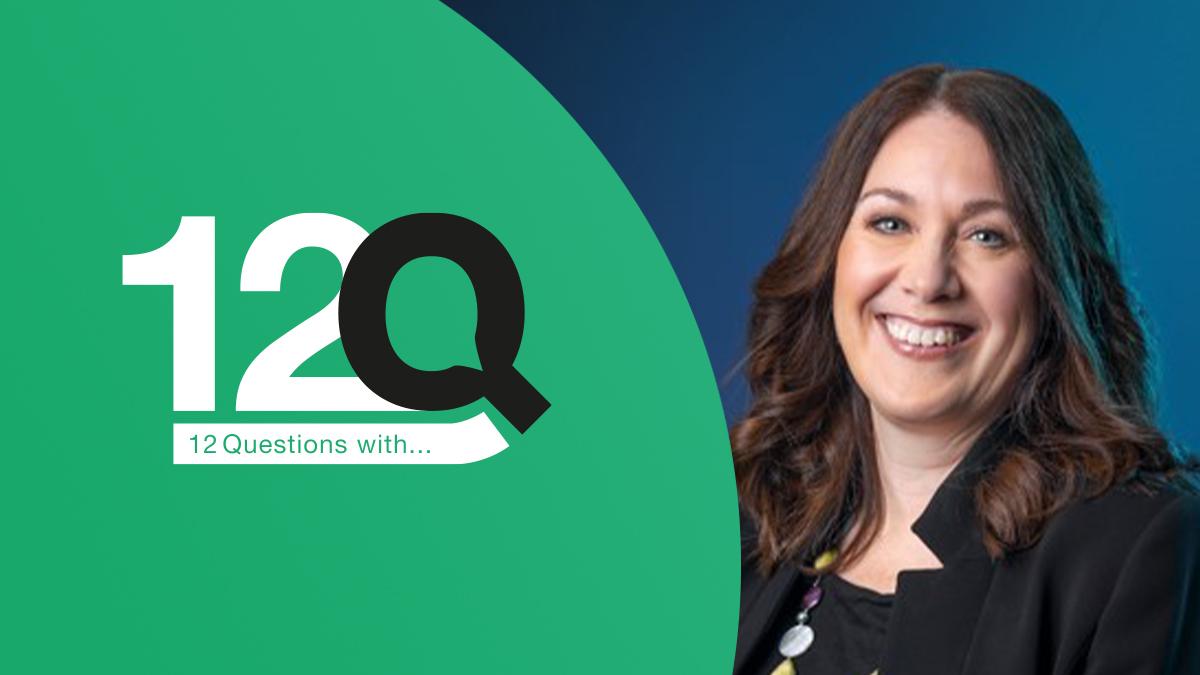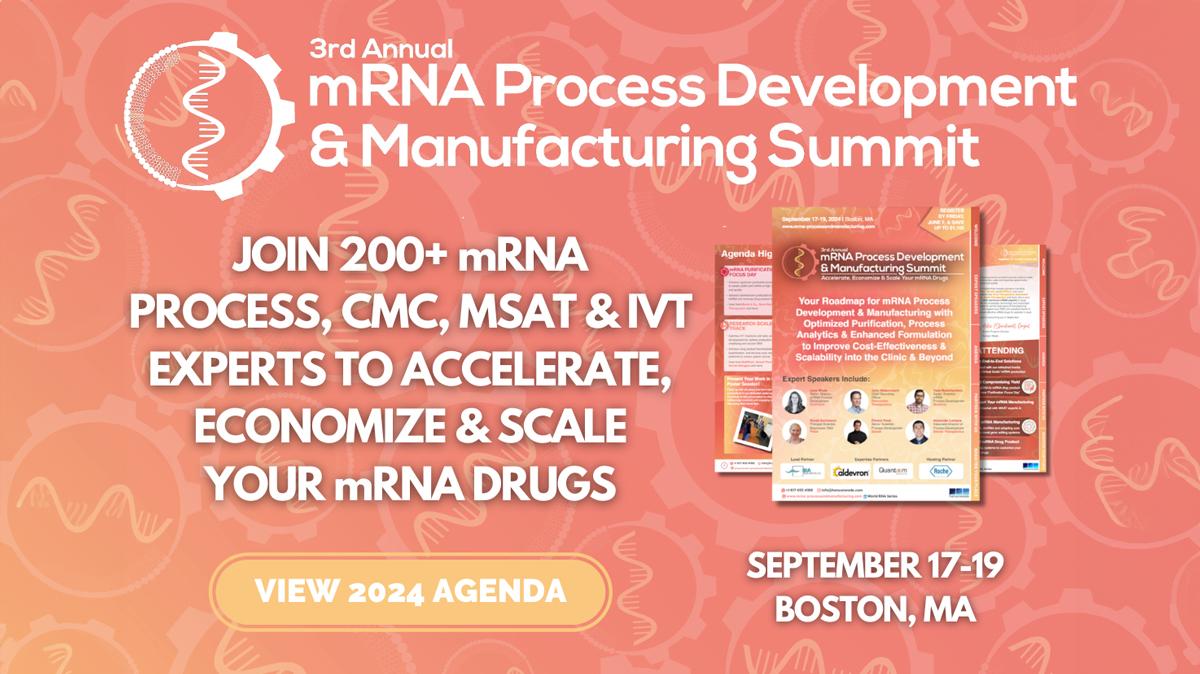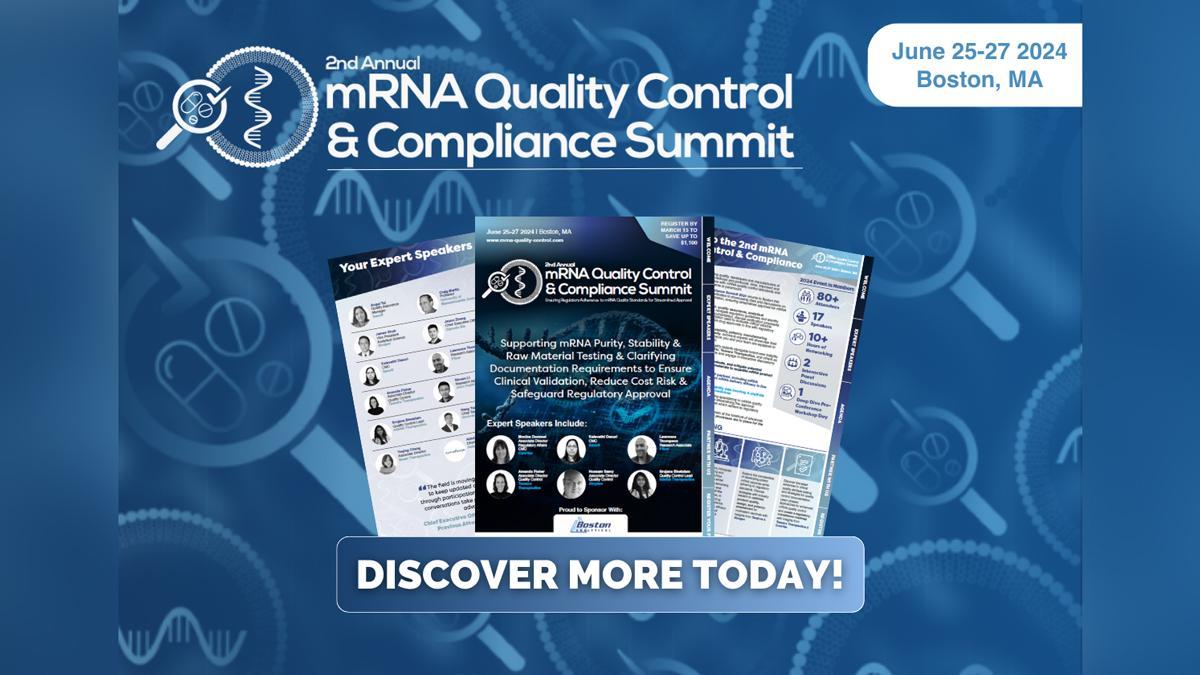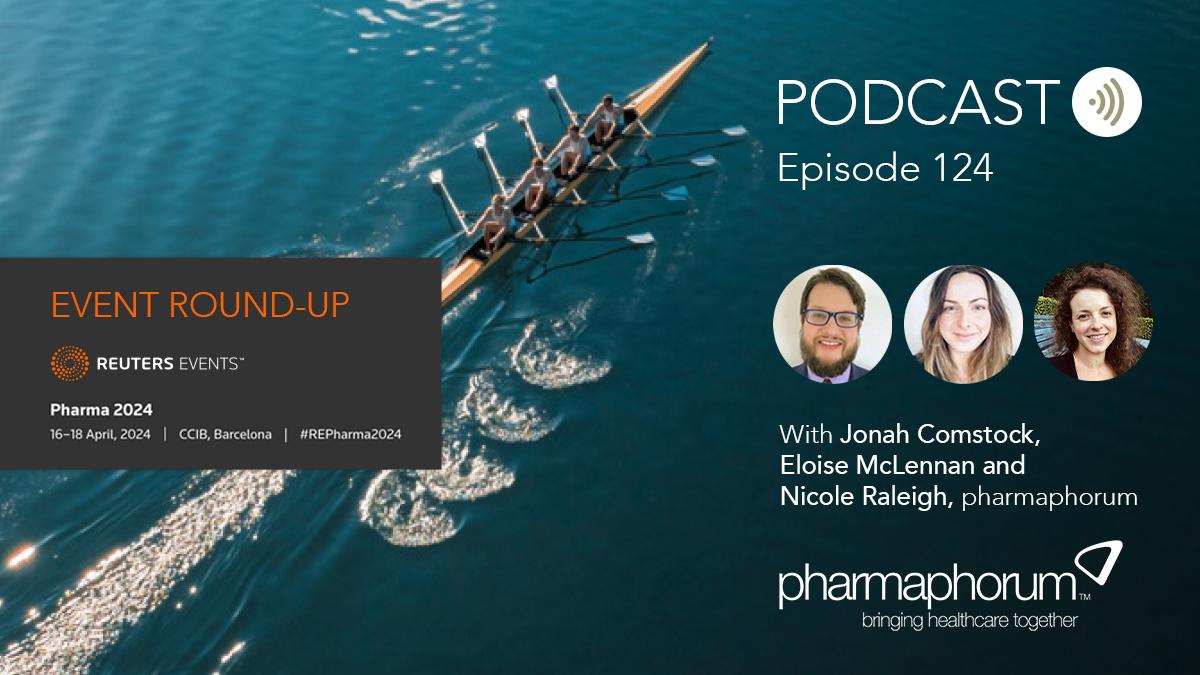A room with a view: social media and the art of regulation - a farce in three parts

Alex Butler
Janssen
As I was writing my first blog post for pharmaphorum about what I believe is a desperate and misguided mission to force specific and technical guidance on the use of social media for the pharmaceutical industry, the PMCPA Informal Guidance on Digital Communications dropped softly and without ceremony into my inbox.
Like all guidance, especially when informal, the truth will out in the application. However I still stand by what I have said for the last 2 years: if we try and develop specific technical guidance it will be out of date before it is even published (the PM Society Q&,A developed but not implemented from last year proves this point).
My reading of the PMCPA guidance is that it might have escaped this trap. It is obviously not written by somebody who like myself lives and breathes this form of communication, it isn’t stuffed full of jargon and technical dissection. I don’t care. What it does is reaffirm the principles already outlined in the ABPI guidelines.
"What kind of an industry expects regulation to drive innovation?"
What kind of an industry expects regulation to drive innovation? It is up to the industry to begin to understand how this can be translated to what are undoubtedly the fresh challenges of openness, dialogue and responsiveness required in the new world.
We have to speak to people in the communities which they inhabit, this means reaching out to people where appropriate through facebook, twitter, Quora etc. We also have to do this in a way that does not try to pervert the platform to cover for our own internal shortfalls.
Want to launch a facebook page without comments open? Don’t bother. Not only is it almost pointless for technical reasons (just google edgerank) it misses the whole reason for being on facebook in the first place: to build trust through the possibility of two-way communication and to reach new people through the network effect. If this isn’t your reason it will fail, (provided of course you have the right metrics in place to find out).
Are these strong views at odds with the belief that the current ABPI guidance is enough? I don’t think so. There is nothing I have wanted to do in the social media space that I have not been able to do. I have written processes and guidance for all the big social media platforms that I believe comply completely with both the principles of the ABPI and the etiquette of the platforms.
The evidence of this can be found in the corporate twitter, ADHD YouTube and Psoriasis 360 integrated social media project that includes a successful facebook community, with open comments that are post-moderated.
Wait a minute though, isn’t pharmaceuticals a highly regulated industry? In fact, isn’t it the most regulated industry?
"Want to launch a facebook page without comments open? Don’t bother."
This is trotted out at every gathering of pharmaceutical employees and the agencies who wish to provide services, usually accompanied by the wringing of hands and gnashing of teeth. We are conservative, give us a break, we will get there in the end.
The world will not just pull over at the side of the road waiting for the industry to catch up, if we want to build this trust people love talking about we need to be relevant and part of the conversation right now.
While we have been discussing the possibility of engaging people through social media, the very term ‘social media’ has become almost redundant as the web is almost completely socialised. Look around the web and try and find any information of value without at least the ability to share and comment.
More pertinent is the fast changing nature of our utilisation of the internet. There is evidence that people are abandoning the unfettered web for the smooth and better designed user experience offered by applications (facebook and twitter are themselves applications). Facebook is now the most visited internet destination in the US. Survey after survey points to a future where content curation is driven though personal networks and not search, at least not a search in its current form.
This is not to mention the accelerating mobilisation of the internet and the future possibilities of augmented reality for merging our online and offline lives.
One headline-grabbing study suggested that 48% of young Americans got ALL news from facebook. I know myself that people show a much higher level of engagement when arriving at content through facebook as opposed to through search.
"…if we want to build this trust people love talking about we need to be relevant and part of the conversation right now."
On top of this, try and think of an industry that isn’t regulated to a greater or lesser extent. I can’t. In fact, when we look at this more closely many industries could claim to have an even higher burden of regulation than pharmaceuticals.
Very superficial desk research can enable me to list, when looking at the United Kingdom: financial services, energy, aeronautical and airports, food standards, postal services, telecoms, rail and social care as those industries able to claim a high level of regulation. I am not even going to go into the discussion regarding government / independent vs. self regulation.
This is not to downplay the environment within which pharmaceutical companies operate, just to bring some perspective to the discussion.
One thing is for sure, bringing this back to social media guidance, if it is the case that we are heavily regulated, would the development of more regulation for social media help matters?
This brings me to what would have been the core of my post without a late Friday afternoon e-mail.
Social media &, the art of regulation: a farce in three parts:
Part I
Stage direction (set at any healthcare related social media discussion community or pharmaceutical digital conference).
Everyone complains about there being a lack of guidance and support for pharmaceutical companies in digital communications / social media.
Have regulatory authorities become irrelevant?
Without any grasp of current guidelines and ethical responsibly for pharmaceuticals, combined with only a superficial understanding of socialised media, how do we know what to sell to pharmaceutical companies?
Something must be done.
Part II
Guidance is published.
Part III
After a brief honeymoon, sudden realisation that this may have caused more problems than it solved.
"There is evidence that people are abandoning the unfettered web for the smooth and better designed user experience offered by applications…"
Everyone complains about the issued guidance. Do these people not understand how things work these days?
Why is there no mention of application based content curation and copyright obligations?
Why does it not address the complexity of twitter based bespoke news applications etc. etc.?
I hope that we can all start to concentrate on what is important over the next 12 months: developing a new voice for pharmaceuticals with all stakeholders in the healthcare community, becoming a valued participant in the debate and providing tangible value through online communications that bring results for the people we serve, as well as our own business.
Let’s lay off regulation and concentrate on the real barriers to our development: changing hearts and minds within our own organisations.
**The views expressed within this article are those of the author and do not necessarily represent those of Janssen**
Part 2 of this series has now been published here.
About the author:
Alex Butler is a global thought leader in health care social media for the pharmaceutical industry with the implementation of a number of innovative projects, including the UK’s first pharma twitter account and the world’s first facebook disease community with open comments and post moderation. He is a regular speaker and writer for the pharmaceutical, marketing, communications and technology press. According to John Mack, Alex is the most followed pharmaceutical company employee on twitter in the world and was the inaugural recipient of the Pharmaguy Global Social Media Pioneer award in 2010.
Alex currently works for Janssen as EMEA Marketing Communications Manager, part of the Johnson &, Johnson Strategic Marketing team.
Passionate about new marketing and advertising models Alex is an invited member of the Wharton University Future Of Advertising Global Advisory Board, based in Philadelphia.
Connect with Alex on twitter and also on Linkedin.
How can we change opinions of social media within pharma?











